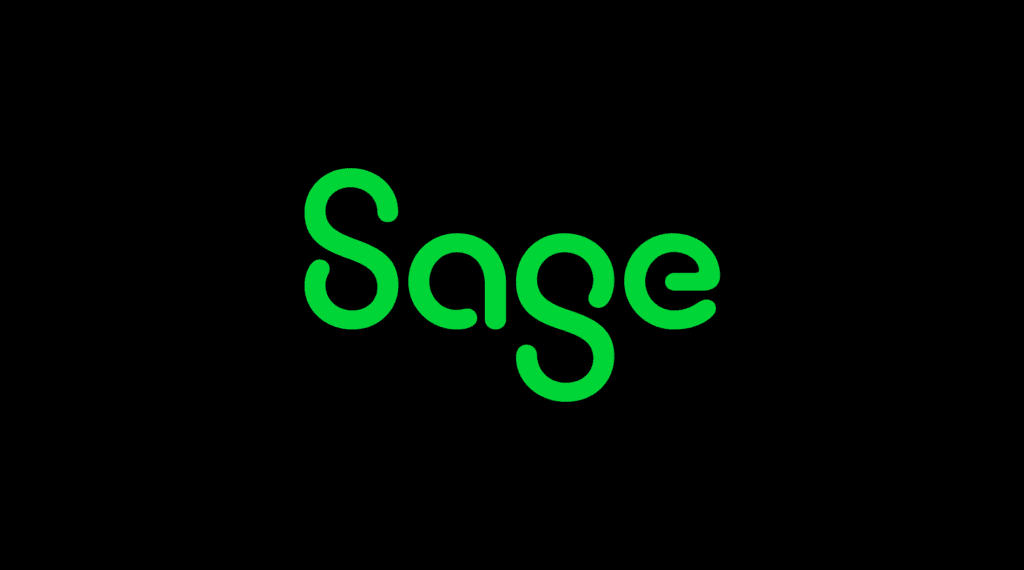Manage customer and vendor relationships with ease using GlassJar’s contact manager software. Designed to centralize and simplify your interactions, it lets you track communications, link invoices and payments, and maintain accurate records all in one place.
Whether you’re managing a handful of clients or hundreds of suppliers, our contact management for small business keeps your data organized, accessible, and secure—so your team can focus on building lasting relationships, not chasing down details.
Centralize Your Business Relationships
Inconsistent spreadsheets and scattered systems lead to confusion, missed opportunities, and lost time. GlassJar’s contact manager software brings all your business relationships into one centralized platform, ensuring that every team member—whether in the office, on vacation, or in the field—has access to the same accurate, up-to-date information.
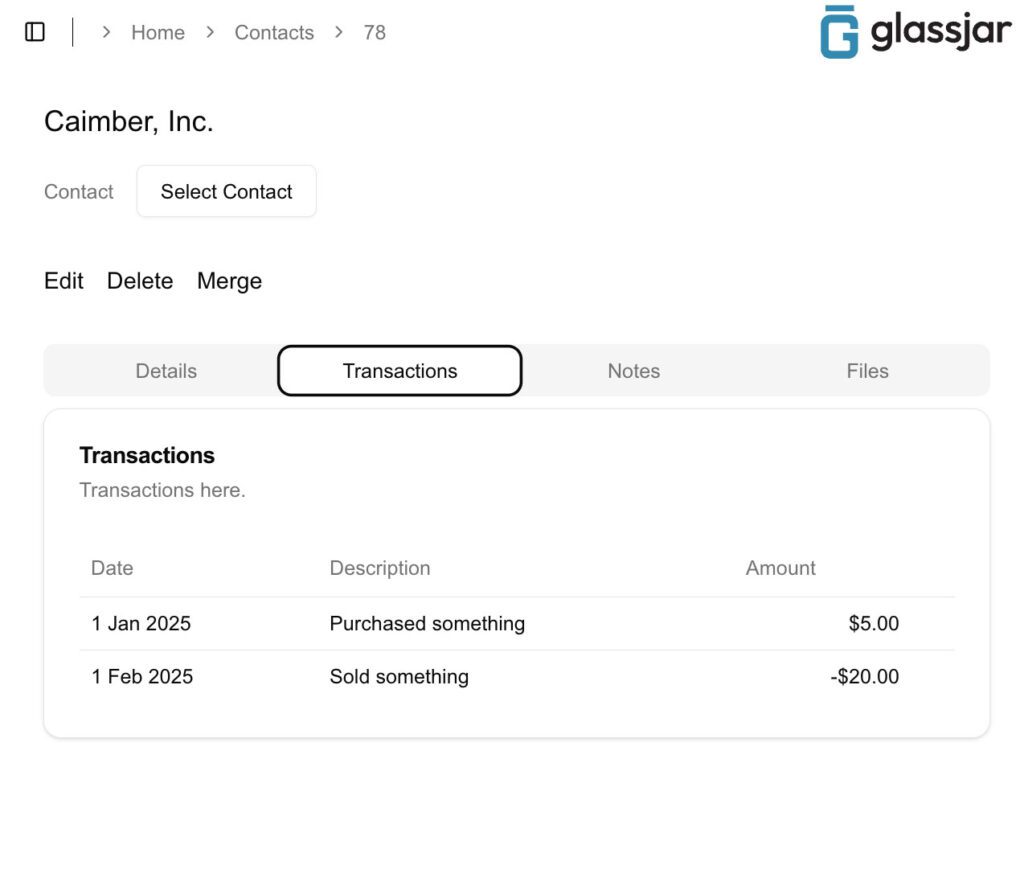
Shared Access Builds Team Accountability
With shared visibility across your contact records, your entire team can stay aligned on client and vendor details, communication history, and transaction records. This promotes a culture of collaboration and accountability, allowing sales, finance, and operations to work together seamlessly. Internal transparency isn’t just a benefit—it’s essential for any business looking to operate efficiently and build trust both inside and out.
Eliminate Cluttered, Overbuilt Systems
Many small businesses are burdened by CRMs packed with features they don’t use—but still pay for. GlassJar provides exactly what growing companies need to manage relationships, without overwhelming complexity. Ditch the bulky platforms and multiple disconnected tools. Our contact management for small business is clean, intuitive, and built for how small teams actually work.
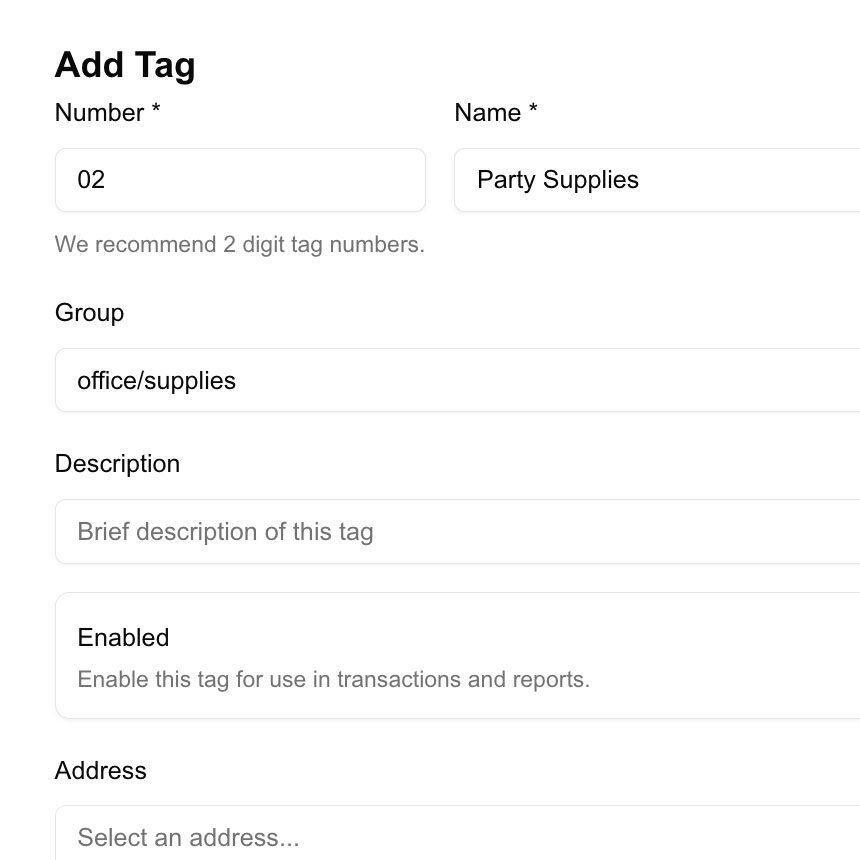
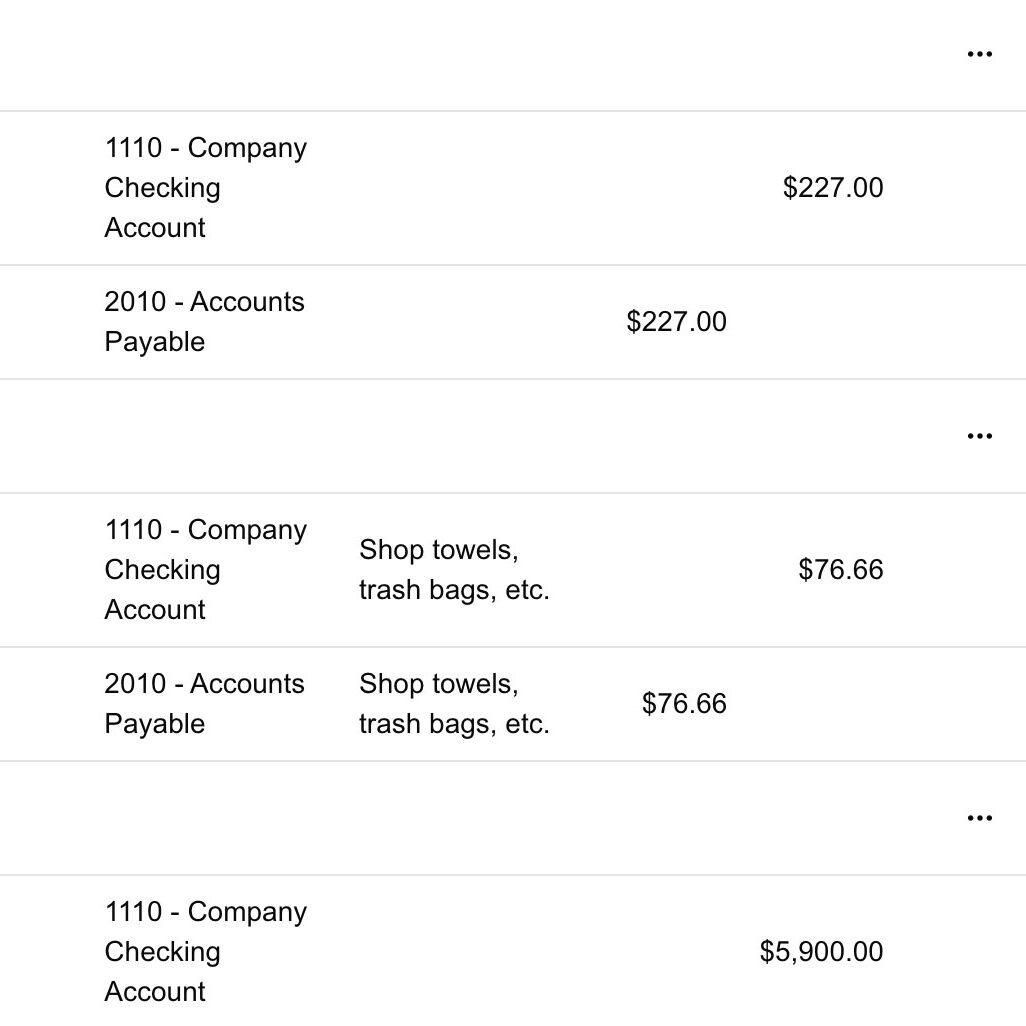
Smarter Navigation with Segmentation and Search
GlassJar makes it easy to find exactly what you need, when you need it. Segment contacts by role, business type, or project; tag and categorize entries for streamlined access; and use powerful search tools to locate records instantly. Whether you’re looking up a payment history, reviewing communications, or preparing for a client meeting, everything is just a click away.
Make Relationship Management a Strength
Centralizing your contact data helps you build continuity across every customer interaction. With less time spent tracking down details, your team can focus on relationship-building, proactive communication, and delivering consistent value. GlassJar transforms contact management from a chore into a strategic advantage—built for modern businesses that rely on collaboration and clarity to grow.
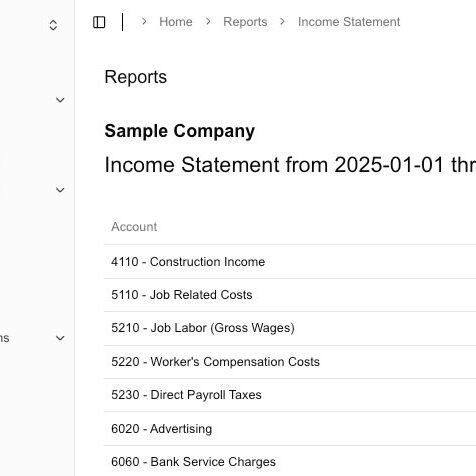

“GlassJar is so easy to use. Where were you 5 years ago? “
– Mason Gomez
Gomez & Sons Distributing
Our Core Features for Small Businesses and Corporations Alike
GlassJar’s contact manager helps you organize, access, and maintain all your business relationships in one place. Built for speed and simplicity, it keeps your customer and vendor details connected to the rest of your workflow—so nothing falls through the cracks.
The #1 Smart Contact Management Software
Try GlassJar For Free
One Contact, Multiple Roles
Unlike other accounting software, GlassJar lets a single contact be both a customer and a vendor. No more duplicate entries—manage all interactions in one seamless record.
Organize & Access Contact Details Easily
Keep all essential information in one place, including names, addresses, payment terms, and transaction history. Search, filter, and update contacts effortlessly.
Simplify Communication with Customers & Suppliers or BOTH
Many platforms force you to choose—manage customers in one app and suppliers in another. GlassJar solves that problem with a unified contact manager built to handle both sides of your business. Whether you’re following up with a client or coordinating with a vendor, everything is organized in one streamlined system.

Built for Clarity, Not Complexity
Unlike traditional CRMs overloaded with features most small teams never use, GlassJar is a purpose-built contact management software solution that works just as well for small businesses as it does for larger operations. It’s powerful enough for experts and simple enough for those just getting started.

Smart Features for Better Follow-Through
Keep communication moving with follow-up reminders, task tracking, and timeline visibility. Assign account ownership across your team, tag contacts for fast filtering, and sort relationships into customizable stages or funnels. Whether you’re tracking a lead, managing a contract renewal, or scheduling a vendor check-in, your next step is always clear.

A Shared System that Drives Results
With GlassJar, everyone on your team—from sales to operations—works from the same contact records, reducing confusion and improving accountability. It’s a contact manager that supports every part of your business, helping you stay responsive, organized, and one step ahead.
Why Use GlassJar for Contact Management?
✔ Single contact records for both customers and vendors
✔ Complete transaction history in one view
✔ Easy organization with searchable contact lists
✔ Seamless invoicing & billing for better workflow
✔ Integrated with your accounting for real-time updates
Simplify Your Contact Management Today
Ditch duplicate records and manage all your contacts effortlessly with a system designed for clarity and control. GlassJar makes it easy to store, organize, and track every customer and vendor interaction in one place—no more scattered lists or outdated entries.
Try GlassJar for free and keep your business relationships organized, accessible, and ready for whatever comes next.
3 Reasons Small Businesses Love GlassJar’s Contact Manager
A well-organized contact database is essential for any business managing vendors, customers, partners, or internal teams. GlassJar’s integrated contact management software brings clarity to communication by keeping every interaction and relationship in one structured location—linked to activity, payments, and correspondence.
Unlike static spreadsheets or outdated CRMs, GlassJar offers a purpose-built contact management tool that blends visibility, usability, and control into a single platform that works across devices and roles. Whether you’re running a small business, supporting a customer-facing team, or coordinating across departments, the system adapts to your workflow.
1. Centralized Dashboard for Clear Visibility
All contact records are accessible from a centralized dashboard, allowing users to search, tag, and filter contacts by role, relationship, or stage. The dashboard displays essential information such as name, organization, last interaction, invoice status, and follow-up history. Users can easily jump to detailed contact pages where communication logs and linked activity are displayed in full context.
This real-time visibility reduces errors, eliminates duplication, and ensures that every team member is working from the same source of truth.
2. Smart Automation to Streamline Communication
GlassJar includes automation features that simplify contact tasks—like scheduling follow-ups, assigning ownership, or flagging overdue communications. Contacts can be auto-tagged based on behavior, such as whether they’ve paid an invoice or submitted a support request. These automated processes help businesses reduce manual entry and improve consistency across customer touchpoints.
3. Seamless Integration with Apps and Support Workflows
GlassJar’s contact management software connects directly with other apps, such as invoicing, email tools, and help desks. This enables teams to tie contact history to payments, activity, and customer support tickets—without switching between platforms. Each contact becomes more than a name; it becomes a full record of your working relationship.

“GlassJar scales with our business so we aren’t paying for things we don’t need.”
– Sonia Salizar
Breaking Bread Bakeries
Frequently Asked Questions
How does a contact management system benefit small businesses?
A contact management system helps small businesses centralize and simplify contact organization. Instead of tracking emails, phone numbers, and notes in disconnected files or spreadsheets, a dedicated system provides a single source of truth.
Small businesses benefit from shared access across team members, making collaboration smoother. A well-designed contact management system can scale with your business needs and often includes CRM software features like tagging, reminders, segmentation, and user roles for managing ownership or follow-ups.
What’s the difference between a contact management system and CRM software?
While both tools aim to improve customer relationship management, there are key differences. A contact management system focuses on organizing contact details and communications in a centralized location.
CRM software (Customer Relationship Management software) includes those features but adds sales pipelines, lead scoring, analytics, and marketing integrations. For example, a small business might start with a contact manager for basic needs, and upgrade to full CRM software as their sales and marketing efforts grow.
Can a contact manager help with sales and marketing?
Yes. While not all contact managers have full marketing tools, many include basic features that support sales and outreach. These may include customizable fields, communication history, tagging by lead stage, and integration with email platforms.
Some advanced contact management systems even offer light CRM software functionality, allowing users to manage simple sales workflows and nurture prospects more effectively, without the complexity or cost of enterprise CRM tools.
Why is customer relationship management important for growing companies?
Customer relationship management is vital to retain customers and scale growth. With a CRM system in place, businesses can monitor every touchpoint, follow up on leads, and personalize service. As companies grow, it becomes difficult to manage customer data manually.
A CRM software solution centralizes this information, allowing teams to understand each customer’s journey and respond more effectively. Whether it’s sales follow-ups or post-sale service, the right tools support your long-term business needs.
How do I choose the right contact management system for my business?
Start by evaluating your business needs. Consider the size of your team, the complexity of your customer base, and your budget. If you just need a simple way to store and share contact information, a lightweight contact management system like GlassJar may be perfect.
If you need automation, reporting, and integrations with sales or marketing platforms, you might require more advanced CRM software like Salesforce or Zoho CRM. Look for scalability, user experience, and support when comparing options.
Is cloud-based CRM software better than on-premise solutions?
For most small to mid-sized businesses, cloud-based CRM software is the better option. It allows teams to access customer data from anywhere, keeps information automatically backed up, and reduces IT overhead.
On-premise systems may offer more control or compliance in regulated industries, but they require more setup and maintenance. Cloud solutions also tend to offer faster updates and better integration with other apps—important when adapting to changing business needs.
Can contact management software integrate with other business tools?
Yes, most modern contact management systems offer integration with email clients (like Gmail or Outlook), calendars, invoicing systems, marketing automation platforms, and more. Integration enhances customer relationship management by connecting communication data across platforms.
For example, you can see email history within a contact record or trigger automated follow-up reminders based on actions taken. This helps streamline operations and reduces the time spent switching between systems.
What features should I prioritize in a CRM or contact manager?
Key features depend on your business model, but generally, you should look for:
- Centralized contact records
- Interaction tracking
- Tagging and segmentation
- Task and reminder tools
- Multi-user access with permissions
- Mobile access
- Reporting and analytics (for CRM software)
- Integration with your existing tools
For small businesses, ease of use and fast onboarding are critical. Don’t overpay for features you won’t use. Instead, focus on finding a contact management system that meets your current business needs while offering flexibility to grow.






